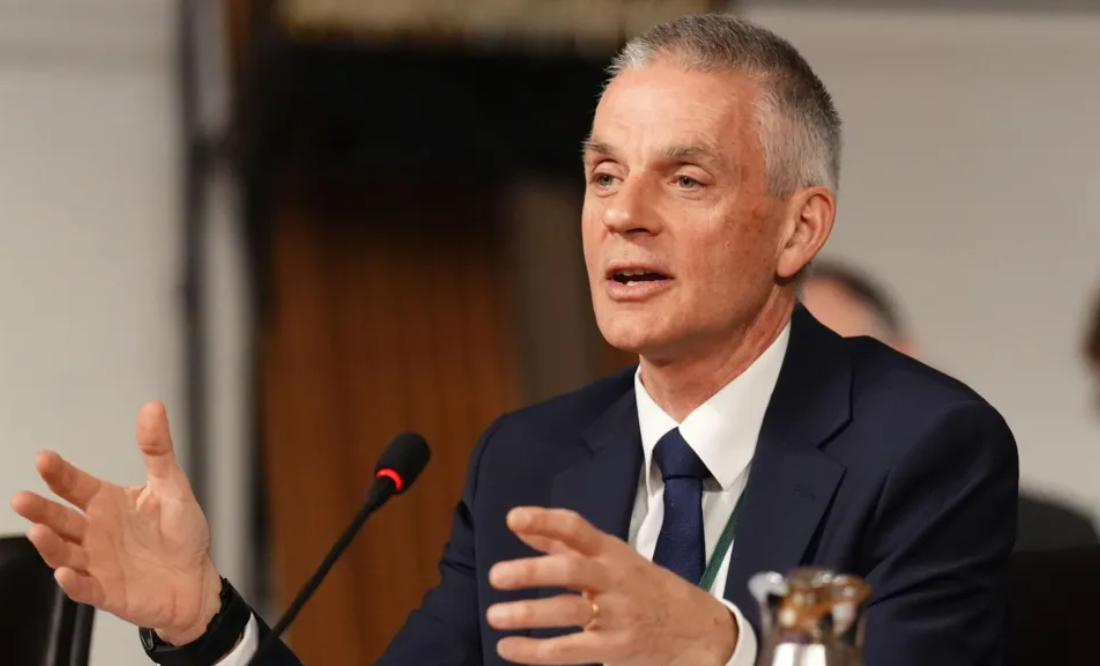In a surprising announcement on 9 November 2025, BBC Director-General Tim Davie revealed his decision to step down after five years leading the Corporation. The news came alongside the resignation of Deborah Turness, CEO of BBC News, marking a significant moment of transition for the broadcaster.
BBC Chairman Samir Shah expressed deep regret over Davie’s decision, describing it as “a sad day for the BBC.” He praised Davie’s two decades of service and his transformative leadership:“Tim has been an outstanding Director-General for the last five years. He has propelled the BBC forward with determination, single-mindedness and foresight. Under his tenure, the transformation of the BBC to meet the challenges in a world of unprecedented change and competition is well underway.”
Shah also acknowledged the personal and professional pressures that contributed to Davie’s choice, adding that the Board “respects the decision and the reasons for it” and will now begin the process of appointing his successor.
Tim Davie’s relationship with the BBC spans 20 years, during which he held several key leadership positions: Director of Marketing, Communications and Audiences; Director of Audio and Music; Acting Director-General; and CEO of BBC Studios before becoming the Corporation’s 17th Director-General in 2020.
In a heartfelt note addressed to BBC staff, Davie explained that his decision was motivated by both personal reflection and the desire to allow a new leader to shape the Corporation’s future:“I have been reflecting on the very intense personal and professional demands of managing this role over many years in these febrile times, combined with the fact that I want to give a successor time to help shape the Charter plans they will be delivering.”
Davie also acknowledged the ongoing debate around BBC News, stating that while the BBC continues to deliver strongly, “some mistakes have been made” and that, as Director-General, he must take “ultimate responsibility.”
Throughout his message, Davie reinforced his belief in the enduring value of the BBC as a public service institution.“In these increasingly polarised times, the BBC is of unique value and speaks to the very best of us. It helps make the UK a special place; overwhelmingly kind, tolerant and curious. Our organisation is a critical ingredient of a healthy society, as well as a thriving creative sector. We should champion it, not weaponise it.”
He also expressed pride in the Corporation’s global reputation for trust and quality, noting that despite fierce competition, “the BBC remains the most trusted news brand globally” and continues to reach hundreds of millions of people worldwide.
Davie’s departure comes at a crucial moment, as the BBC prepares for the next Royal Charter, which will define the Corporation’s governance, funding, and public service obligations beyond 2027. His exit will allow a new Director-General to take the lead in shaping those discussions.
His departure marks the end of a pivotal era for the BBC, one defined by rapid digital transformation, challenges to public broadcasting, and a renewed global mission. As the search for his successor begins, the BBC stands at a defining crossroads—balancing tradition, accountability, and innovation in an ever-changing media landscape.










